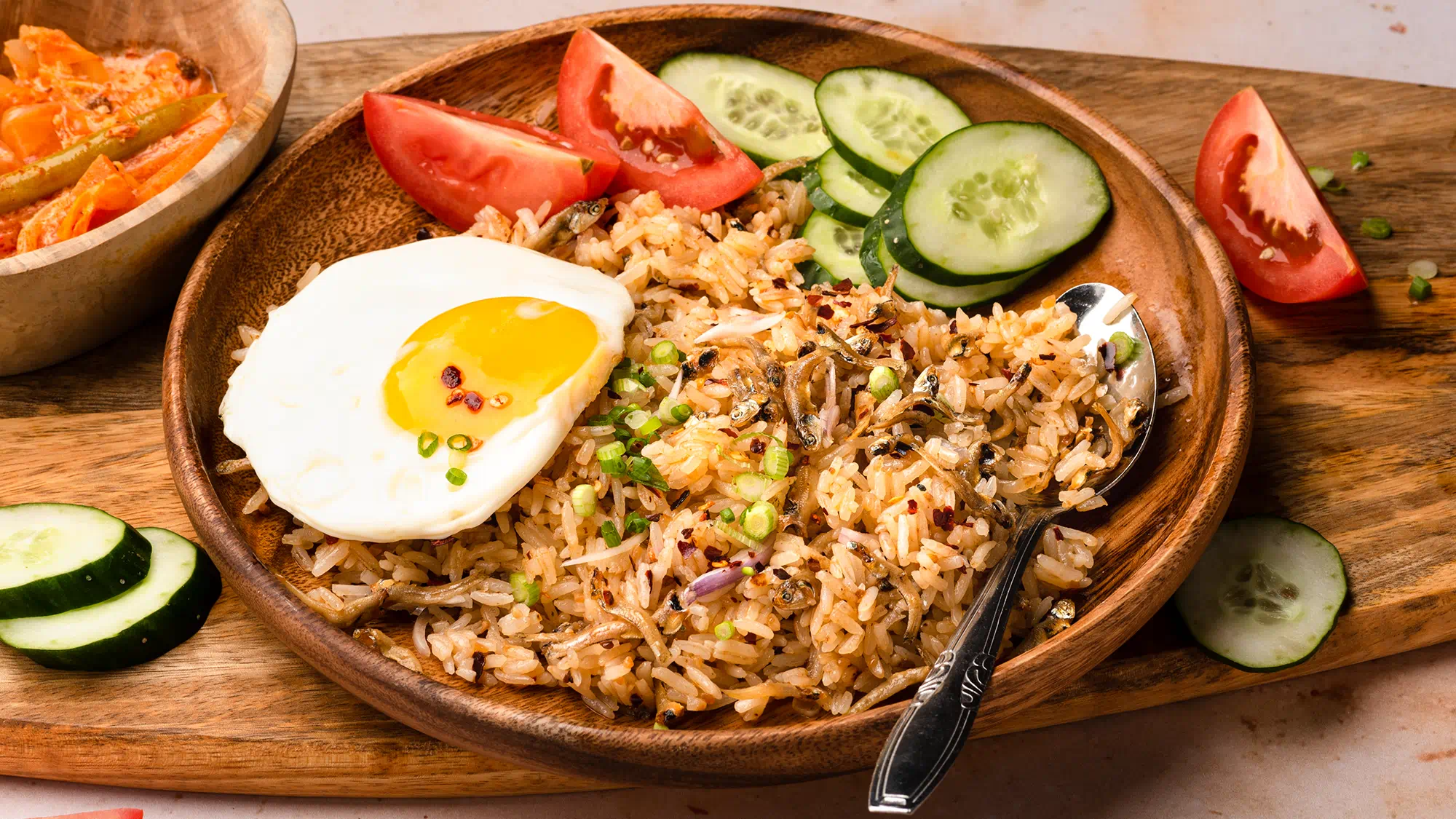Introduction
Bilis is a vital yet often overlooked component of our digestive system. It plays a crucial role in breaking down fats, facilitating nutrient absorption, and maintaining digestive balance. In this comprehensive article, we will delve deep into the world of bilis, exploring its production, composition, functions, and its impact on our overall health. Join us on this journey to understand the vital role of bilis in our digestive system.
Where and How It’s Made
Bilis production primarily occurs in the liver, where it is synthesized from cholesterol and various other components. This section will provide an in-depth look at the liver’s role in bile production, the key factors influencing its production, and the complex biochemical processes involved.
Exploring Its Composition
To understand bile fully, it’s essential to explore its composition. This is a complex fluid composed of bile acids, cholesterol, bilirubin, electrolytes, and water. We will break down the components of bile, explaining their roles and significance in the digestive process.
Storage and Release of Bilis
Once produced, bile is transported to the gallbladder through bile ducts, where it is stored and concentrated. This section will delve into the functions of the gallbladder, the role of bilis ducts, and how they is released into the digestive system as needed.
The Digestive Role of Bilis
There primary role in digestion is to emulsify fats, breaking them down into smaller particles that can be easily digested and absorbed. We will explore this process in detail, highlighting how they enables efficient fat digestion in the small intestine.
Emulsification and Nutrient Absorption
In the small intestine, they continues to play a critical role in nutrient absorption. This section will explain how bile’s emulsification process aids in the absorption of essential nutrients, ensuring they are efficiently absorbed into the bloodstream.
Common Issues and Conditions
Digestive disorders related to this can significantly impact our health. We will discuss common bile-related issues such as bile reflux, gallstones, and biliary diseases. Understanding these conditions is essential for maintaining digestive health.
The Liver’s Crucial Role in Bilis Production
The liver is the powerhouse behind bile production. We will delve into the liver’s vital functions, emphasizing its role in producing this, and how liver health impacts bile production.
Color and Texture
Changes in the color and texture of bile can indicate underlying health issues. This section will guide you through what abnormal bilis characteristics may signify and when to seek medical attention.
How They Affect Bile Flow
Gallstones and biliary diseases can disrupt the flow of bile, leading to various health problems. We will explore how these conditions impact this flow, their symptoms, and potential treatments.
Bilis in Health and Disease
Maintaining a balanced bilis flow is crucial for digestive health. In this section, we will discuss the importance of it in both health and disease, highlighting the role it plays in overall digestive balance.

Connection to Diet and Nutrition
Diet and nutrition can significantly influence bile production and function. We will provide tips and dietary recommendations for promoting a healthy gallbladder and optimal bile production.
Medical Tests for Bilis
Diagnosing bile-related disorders requires specific medical tests and procedures. We will explore these diagnostic methods, shedding light on how healthcare professionals identify and treat bile-related conditions.
Treating Bilis-Related Conditions
Treatment for bile-related conditions varies depending on the diagnosis. This section will discuss medical and dietary approaches to manage and treat common bile-related disorders effectively.
Advancements in Understanding Bilis
Ongoing research is uncovering new insights into bile and its impact on health. We will explore the latest advancements in understanding bile, offering a glimpse into the future of digestive health.
FAQs About Bile
- What is bile, and what is its role in digestion? Bile is a digestive fluid produced by the liver and stored in the gallbladder. Its primary role is to emulsify fats, breaking them down into smaller particles for easier digestion and nutrient absorption in the small intestine.
- How is bile produced, and where does it come from? Bile is primarily produced in the liver, where it is synthesized from cholesterol and other components. It is then stored in the gallbladder until it is released into the small intestine to aid in digestion.
- What are common bile-related disorders, and how do they affect health? Common bile-related disorders include gallstones, biliary diseases, and bile reflux. These conditions can disrupt bile flow and lead to various digestive issues and discomfort.
- How can diet and nutrition impact bilis production and function? Diet plays a significant role in bile production and function. Consuming a healthy, balanced diet can support optimal bile production and digestive health.
- What medical tests are used to diagnose bilis-related conditions? Diagnostic tests for bile-related conditions include imaging studies like ultrasound, blood tests, and endoscopic procedures to evaluate the gallbladder and bile ducts.
- What are the future prospects of research on bilis and digestive health? Ongoing research continues to expand our understanding of bilis and its implications for digestive health. Future advancements may lead to improved treatments and a deeper understanding of its role in overall well-being.
Conclusion
In conclusion, This is a remarkable substance with a profound impact on our digestive system and overall health. Understanding its role in digestion, its composition, and its connection to various health conditions is essential for maintaining optimal digestive balance.

